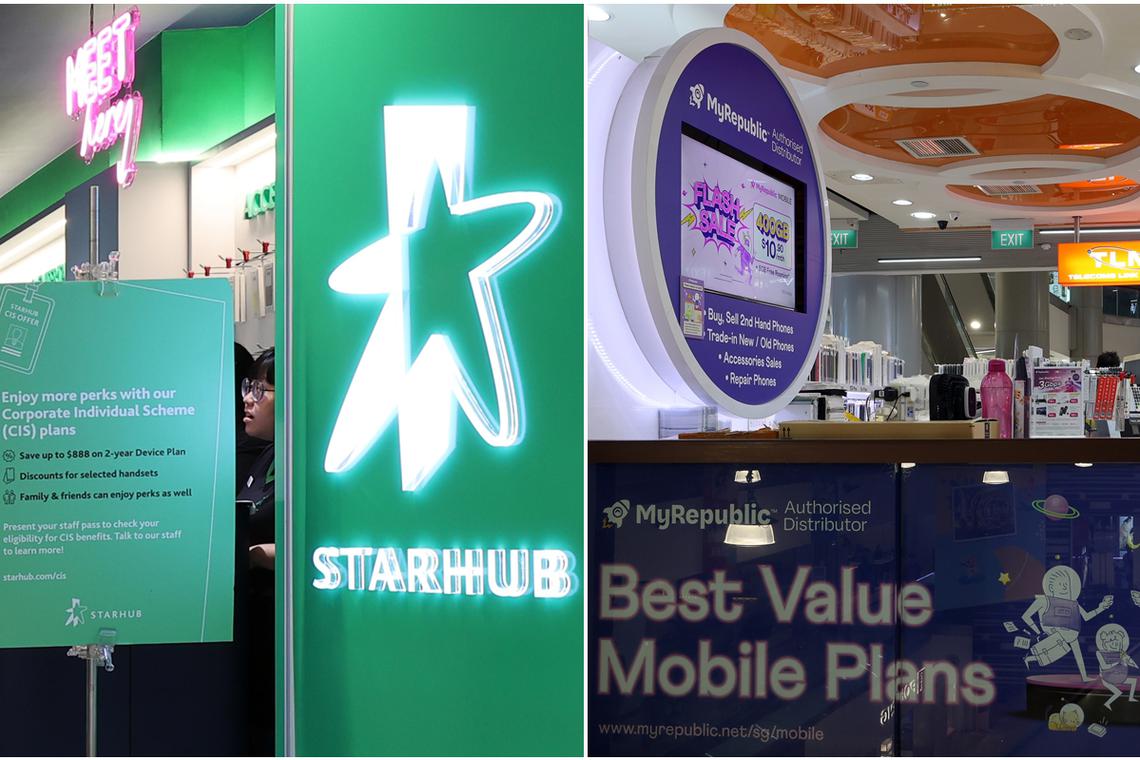MyRepublic Users Voice Concerns Over StarHub Takeover Impact
MyRepublic customers express concerns over potential service changes as StarHub completes full acquisition of the broadband provider, raising questions about network throttling policies and market competition.

StarHub and MyRepublic logos displayed at a Singapore telecommunications retail outlet
Customers Fear Changes in Broadband Service Quality Following Acquisition
MyRepublic broadband customers in Singapore are expressing concerns about potential service quality changes following StarHub's complete acquisition of MyRepublic's broadband business. The acquisition, which saw StarHub purchasing the remaining 49.9% stake on August 12, has raised questions about the future of MyRepublic's signature no-throttling policy.
Customer Concerns Over Service Changes
Since its 2012 launch, MyRepublic has built a loyal customer base by promising no throttling or speed limits on international downloads. This policy has been particularly attractive to gamers and heavy internet users who require consistent, high-speed connections.
"I hope the acquisition does not change the current setup of no throttling, or cause a price increase," said Chia Ying Ying, 33, a university manager who switched from StarHub to MyRepublic in late-2024.
Market Consolidation and Competition
The acquisition comes amid broader changes in Singapore's telecommunications landscape, reflecting a trend of market consolidation that could impact consumer choices. This development, following other significant shifts in Singapore's business landscape, has raised concerns about reduced competition.
Key Market Implications:
- Combined subscriber base of 578,000 fixed broadband users
- Potential changes in pricing strategies
- Impact on service differentiation
Industry experts suggest that while competition might decrease, the consolidation could lead to improved service offerings. As Singapore's dynamic business environment continues to evolve, providers may focus more on service quality and bundled benefits rather than price competition.
Future Outlook and Market Position
Professor Lawrence Loh of NUS Business School suggests that the acquisition strategically positions StarHub to compete with market leader Singtel, potentially benefiting customers through enhanced services in artificial intelligence, cybersecurity, and IoT solutions.
Wei-Ling Tan
Tech and economy specialist, covering innovation in Southeast Asia from Singapore for both English-language and regional media outlets.
